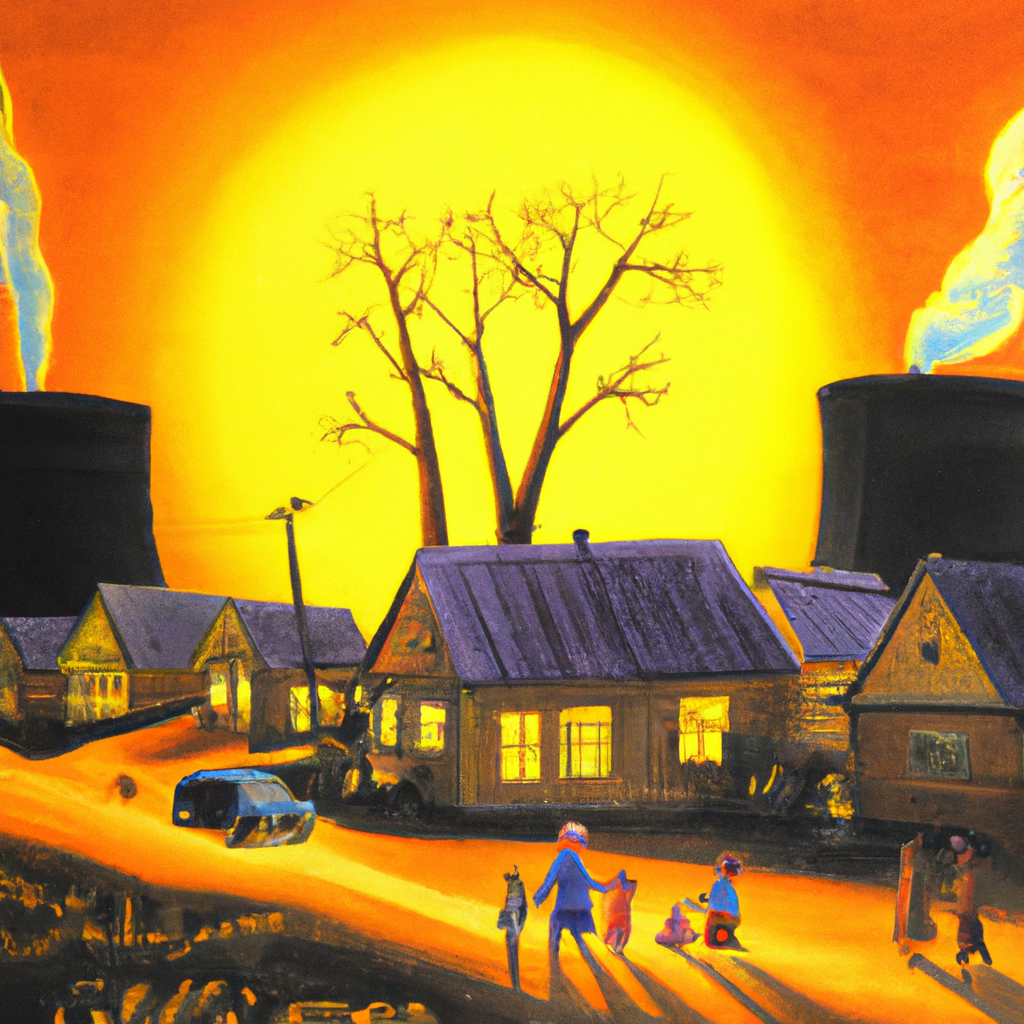In the developing world, access to electricity is a basic necessity, but unfortunately, millions of people still do not have access to it. Energy poverty, defined as lack of access to modern energy services, affects almost 789 million people worldwide, with the majority living in sub-Saharan Africa and South Asia. Energy poverty is a significant problem that affects economic development, human health, and the environment. In this article, we will explore how nuclear energy can help address energy poverty in the developing world.

What is nuclear energy?
Nuclear energy is the energy that is released when the nucleus of an atom is split or fused. This energy can be used to generate electricity in a nuclear power plant. Nuclear energy is a clean and reliable source of energy that can produce a large amount of electricity with a low carbon footprint. Nuclear power plants use uranium as fuel to produce heat, which is then used to produce steam. The steam drives a turbine, which generates electricity.
The benefits of nuclear energy
Nuclear energy has several benefits that make it a suitable solution for addressing energy poverty in the developing world. Here are some of the benefits:
1. Reliable source of energy
Nuclear energy is a reliable source of energy that can operate 24/7, unlike other renewable energy sources such as solar and wind, which are dependent on weather conditions. Nuclear power plants can generate electricity consistently, regardless of weather conditions or time of day.
2. Low carbon footprint
Nuclear energy has a low carbon footprint compared to other sources of energy such as coal and natural gas. Nuclear power plants do not emit greenhouse gases such as carbon dioxide, which contribute to climate change.
3. Cost-effective
Nuclear energy is a cost-effective source of energy in the long run. Although building a nuclear power plant requires a significant initial investment, the cost of producing electricity from nuclear energy is lower than other sources of energy such as coal and natural gas.
4. Energy security
Nuclear energy provides energy security as it is not dependent on imported fuel. Developing countries can become self-sufficient in energy production by investing in nuclear power plants.
How nuclear energy can address energy poverty
Nuclear energy can address energy poverty in the developing world in several ways:
1. Large-scale electricity generation
Nuclear power plants can generate a large amount of electricity, which can be distributed to the communities that are currently without access to electricity. This can significantly improve the quality of life of people in these communities, as they will have access to basic services such as lighting, refrigeration, and communication.
2. Reliability
Nuclear energy is a reliable source of energy that can operate 24/7, which is essential for industries and businesses that require a continuous supply of electricity.
3. Energy security
Investing in nuclear energy can provide energy security to developing countries by reducing their dependence on imported fossil fuels. This can improve the economic stability of these countries and reduce their vulnerability to energy price fluctuations.
4. Environmental benefits
Nuclear energy has a low carbon footprint and does not emit greenhouse gases, which contribute to climate change. Investing in nuclear energy can help developing countries meet their climate change commitments and reduce their carbon footprint.
Conclusion
Energy poverty is a significant problem that affects millions of people in the developing world. Investing in nuclear energy can help address this problem by providing a reliable, cost-effective, and low-carbon source of energy. Nuclear energy can provide large-scale electricity generation, energy security, and environmental benefits. Developing countries should consider investing in nuclear energy as a solution to energy poverty and a pathway to economic development.







